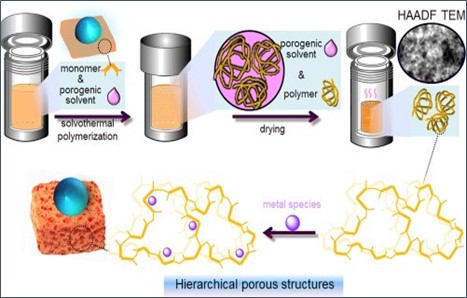PREVIOUS
Superhydrophobic catalyst
June 24 , 2024
554 days
620
0
- A team of scientists from Assam, Odisha, China, and the United Kingdom have developed a water-repellent catalyst.
- It can cut the cost of producing “environmentally benign” biodiesel substantially from the current levels.
- The process of arriving at the “spherical superhydrophobic activated carbon catalyst” to withstand water by-product during the production of biodiesel.
- Superhydrophobic catalysts are imitating the anti-wetting or water-repulsing properties of natural surfaces such as lotus leaves.
- The catalyst remains highly effective and can be reused multiple times, making the catalytic process more efficient and cost-effective.

Leave a Reply
Your Comment is awaiting moderation.


